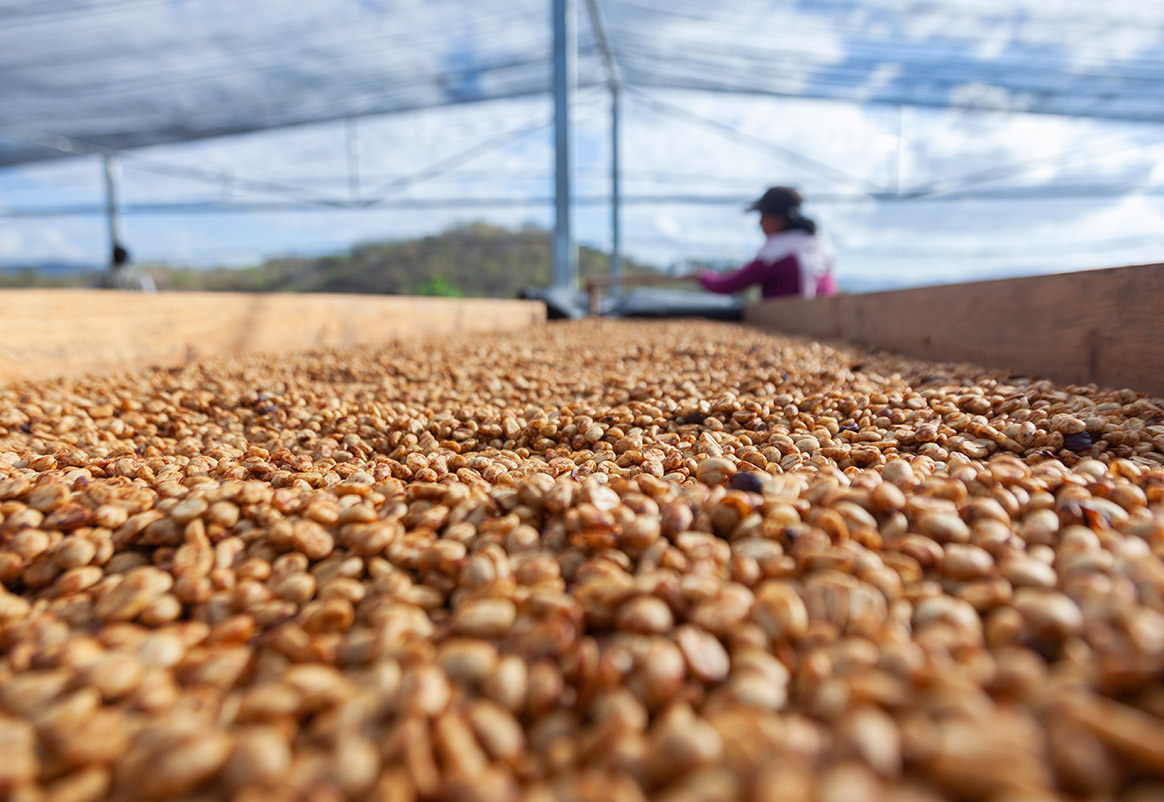In today’s global marketplace, where consumers are increasingly concerned about the origins of their products, traceability in agriculture has become a vital component of sustainable and responsible supply chains. Traceability refers to the ability to track the journey of an agricultural product from its source—the farm—through every stage of production, processing, and distribution until it reaches the end consumer. This article explores why traceability is crucial in agriculture, how it supports sustainability, and its role in ensuring compliance with international standards.
What is Traceability in Agriculture?
Traceability in agriculture involves the systematic documentation of the flow of products through various stages of production, processing, and distribution. This includes the identification of inputs used (such as seeds, fertilizers, and pesticides), the recording of farming practices, the tracking of products through processing facilities, and the monitoring of logistics and transportation. The goal is to create a transparent record that allows stakeholders to verify the history, location, and handling of agricultural products.
The Growing Demand for Traceability
Several factors are driving the demand for traceability in the agricultural sector:
- Consumer Awareness: Modern consumers are more informed and concerned about the ethical and environmental implications of their purchases. They want to know where their food comes from, how it was produced, and whether it meets certain ethical standards, such as being organic or Fair Trade certified.
- Food Safety: Traceability is essential for quickly identifying the source of contamination in the event of a food safety issue. This capability helps prevent the spread of foodborne illnesses and protects public health.
- Regulatory Compliance: Governments and international bodies are increasingly enforcing regulations that require traceability to ensure food safety, prevent fraud, and protect the environment. For example, the European Union’s Regulation on Deforestation-Free Products mandates that agricultural imports must be traceable and meet specific environmental and social criteria.
- Sustainability Goals: Traceability allows companies to measure and manage their environmental impact more effectively. It helps ensure that products are sourced sustainably, with minimal harm to the environment, and that they support fair labor practices.
How Traceability Supports Sustainability
Traceability is a cornerstone of sustainable agriculture for several reasons:
- Promoting Responsible Sourcing: By tracing products back to their origin, companies can ensure that they are sourcing from farms that use sustainable practices, such as reducing pesticide use, conserving water, and protecting biodiversity.
- Enabling Fair Trade: Traceability systems can verify that farmers and workers receive fair compensation for their products, helping to improve livelihoods in farming communities.
- Reducing Environmental Impact: Traceability helps identify and mitigate the environmental impacts associated with agricultural production, such as deforestation and greenhouse gas emissions. Companies can use this information to make more informed decisions and reduce their carbon footprint.
- Enhancing Supply Chain Efficiency: With detailed information on the origin and movement of goods, companies can optimize their supply chains, reducing waste, lowering costs, and improving overall efficiency.
Compliance with International Standards
Traceability is increasingly becoming a requirement for compliance with international standards and regulations:
- European Union Deforestation Regulation (EUDR): This regulation requires that all agricultural products imported into the EU are traceable and free from deforestation. Companies must provide proof that their products comply with these criteria, making traceability systems essential.
- Global Food Safety Initiative (GFSI): GFSI benchmarks food safety standards that require traceability systems to track the origins and handling of food products, ensuring they meet safety requirements.
- Sustainability Certifications: Certifications such as Rainforest Alliance, Fair Trade, and Organic all require robust traceability systems to verify that products meet their specific sustainability standards.
Challenges in Implementing Traceability
While the benefits of traceability are clear, implementing effective traceability systems can be challenging:
- Complex Supply Chains: Agricultural supply chains are often long and complex, involving multiple intermediaries. This complexity can make it difficult to track products accurately.
- Data Management: Collecting, storing, and managing large volumes of data from different stages of the supply chain requires significant investment in technology and infrastructure.
- Cost: The implementation and maintenance of traceability systems can be costly, especially for small and medium-sized enterprises. However, the long-term benefits often outweigh these initial costs.
The Future of Traceability in Agriculture
As technology continues to evolve, the future of traceability in agriculture looks promising. Innovations such as blockchain, Internet of Things (IoT) devices, and advanced data analytics are making it easier to track products in real time with greater accuracy and transparency. These technologies are likely to become standard tools in the agricultural sector, further enhancing traceability and supporting the global shift towards more sustainable and responsible production practices.
Traceability is more than just a buzzword in agriculture—it is a critical tool for ensuring sustainability, safety, and compliance in today’s global food systems. By adopting traceability systems, agricultural businesses meet the growing consumer demand for transparency, comply with stringent regulations, and contribute to a more sustainable future.
